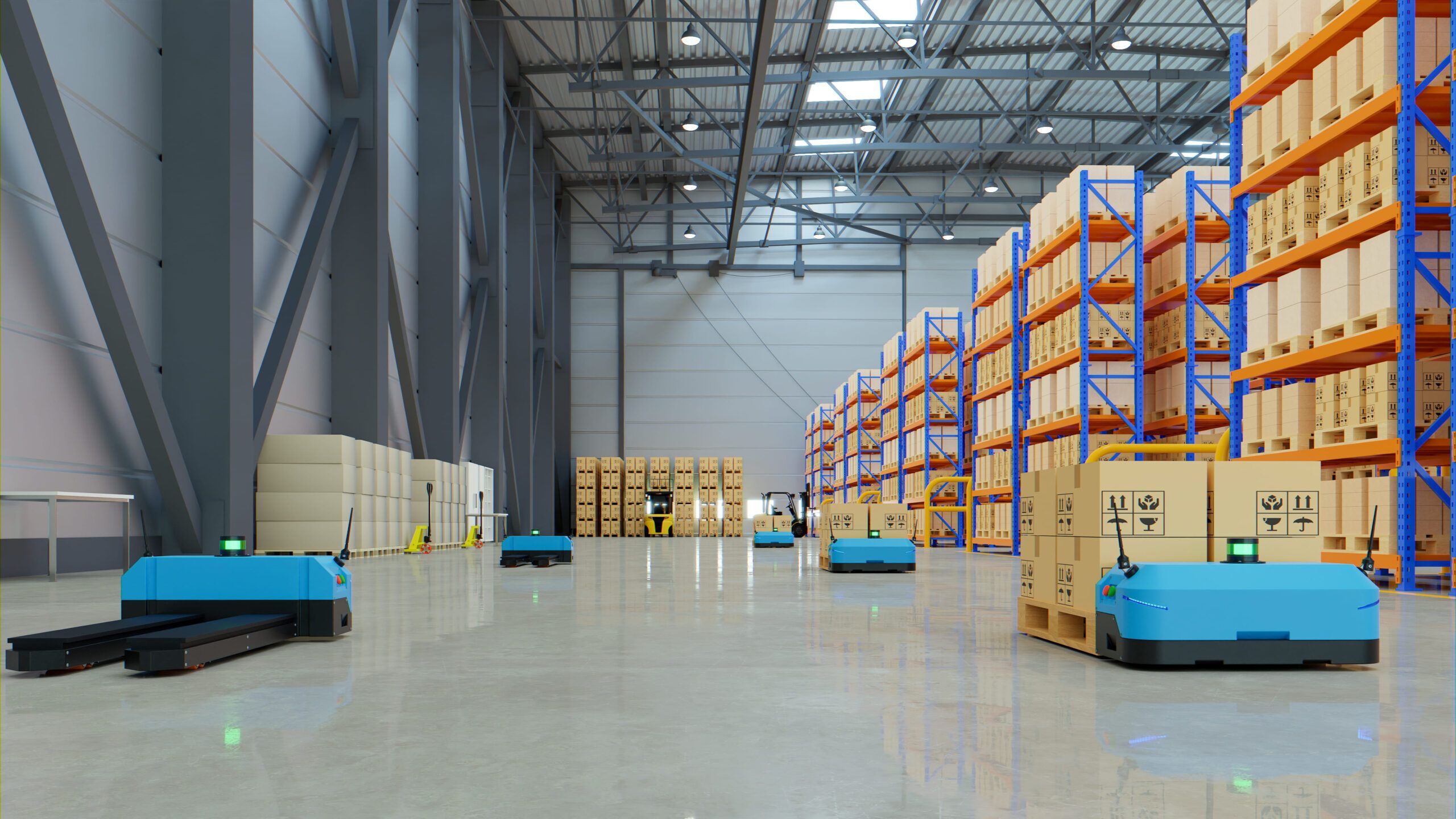High demand for logistics space
Logistics hubs are reaching record occupancy levels, particularly around major urban centers and key corridors like Madrid, Barcelona, Valencia, and Zaragoza. A shortage of ready-to-build land is driving up prices and pushing developers into secondary locations.
New formats: XXL and multilevel warehouses
We’re seeing the rise of extra-large platforms (50,000+ sqm), with high ceilings and generous maneuvering yards, tailored for automation and major operators. In dense urban areas, vertical logistics facilities are starting to gain traction as a smart use of limited space.
Sustainability as a value driver
Environmental certifications (BREEAM, LEED) are no longer optional — they’re a market standard. The most attractive assets offer energy efficiency, renewable energy systems, sustainable materials, and passive climate control solutions.
Digitization and smart logistics
Modern warehouses are being designed as digital-first assets: IoT sensors, digital twins, remote monitoring, and built-in readiness for robotic systems. Efficiency and data are at the core of next-gen logistics.
Urban logistics and last-mile delivery
To meet customer expectations, companies are investing in micro-distribution hubs and last-mile centers close to city centers. Smaller facilities in consolidated industrial zones are playing a growing role in delivery strategies.
Institutional capital is pouring in
Funds, REITs and insurers are increasingly targeting logistics as a stable, long-term investment. Sale & leaseback deals, value-add strategies and built-to-suit developments are high on their agenda.
Redevelopment and new land opportunities
Developers are transforming outdated industrial land into next-generation logistics parks, supported by zoning regulations and growing demand. Now is the time to act.
Where is the sector heading?
The logistics real estate market is evolving toward a more sustainable, automated, and urban model — combining operational efficiency, technological innovation and ESG alignment. A clear opportunity for forward-thinking investors and developers.
Want to receive more insights into the logistics and industrial real estate sector?
Subscribe to our newsletter for exclusive market reports, trends, and off-market investment opportunities.

ABOUT CMC
CMC's main objective is to offer comprehensive management in its two key areas: asset management and property management. This includes the formulation of medium- and long-term strategies for optimizing real estate assets, as well as daily operational management. The latter encompasses revenue control, customer service, and supervision of operating expenses.
In summary, CMC provides specialized investment and financial advisory services for those interested in buying, selling, or investing in properties. Its approach is based on rigorous research and analysis to ensure the economic and financial viability of each project.
For more information, you can contact us by clicking here
